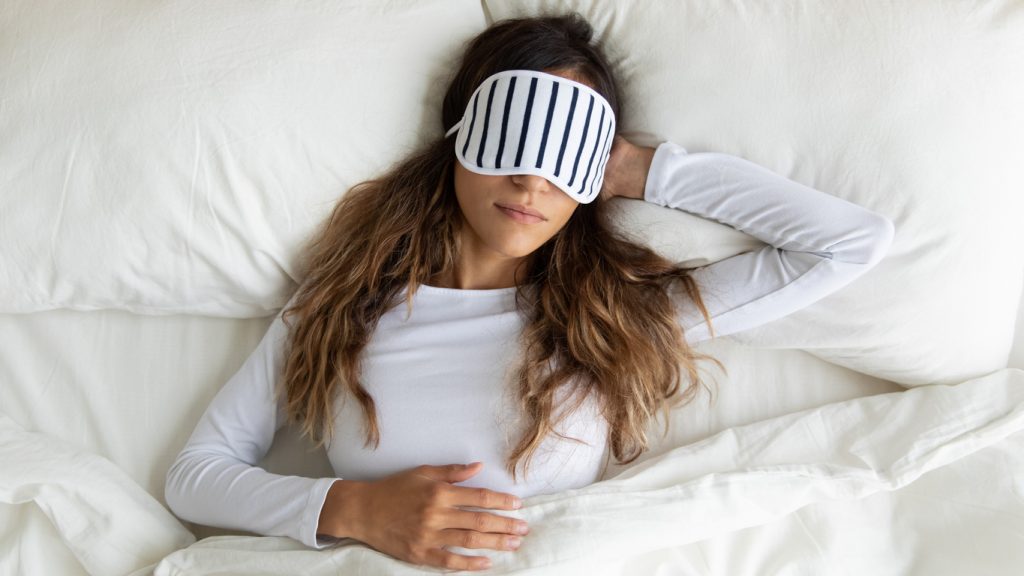
We all know that sleep is important. Not only does a good night’s rest make you look and feel good, but it’s also a critical component to staying healthy longterm. The more consistently you can get good-quality sleep, the less at risk you are for chronic disease. Additionally, individuals who know how to get a good night’s rest (and prioritize it too) also have an overall higher quality of life, citing that literally everything in their life is better, from sex to skin.
Of course, knowing how important sleep is, and then not being able to do it, only makes matters worse. In fact, stress and worry are some of the main reasons why people have a difficult time getting to sleep — and then staying asleep throughout the night.
But, no matter how long you’ve struggled with getting quality sleep, it’s important not to give up. There are so many factors that play a role in how you sleep (and how well you sleep), which often means you just haven’t found the right combination for your body and mind.
Below are five proven ideas to try (or try again) to help ensure that going to bed is something you look forward to…
Get comfortable. From the clothes you wear (or don’t wear) to the sheets you use, what you physically feel in bed is important. Consider upgrading your sheets and bed linens to ones that are hypoallergenic, breathable, and capable of regulating temperature, like organic linen or cotton.
Blue light glasses. If you’ve been researching sleep at all over the last few years, you have definitely come across articles and research that explain how blue light from devices can trigger your brain into a state that makes it difficult to sleep. In order to combat this problem (especially if you’re on screens a lot in the afternoon and evening), consider using a pair of blue light glasses. (Of course, limiting your exposure to blue light in the evening is the best solution!)
Practice consistency. Our bodies are designed to have rhythms, which means following a certain pattern each day can help you get a better night’s rest. If you’re constantly going to bed and waking up at different times, it can make quality sleep even more elusive. As often as you can, wake up at the same time each day (and preferably with the sun to help set your circadian rhythm, too).
Meditate. Not everyone loves to meditate (or even the word “meditate”) but the benefits are so amazing when it comes to sleep that even the most adamant nay-sayers should give it another go. Whether you use a meditation app before bed or practice another form of meditation (like journaling, guided breathing or meditation coloring books), the key is to help your mind relax so that you can lie down without hundreds of thoughts keeping you up.
Increase physical activity. It seems obvious, but the more physically tired your body is, the easier it is to fall (and stay) asleep at night. If you’re having trouble sleeping, find ways to be more physically active during the day. As a bonus, the endorphins you release from exercising also make sleeping easier, too!




About The Author: Kimberly Gerbers
More posts by Kimberly Gerbers